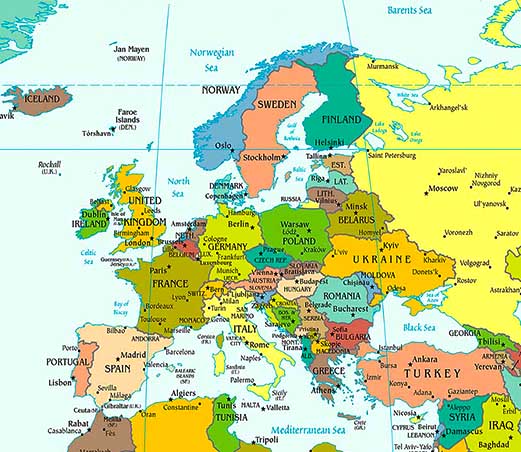That sound you heard was me dropping the gloves. I am not
even vaguely interested in being cowed into silence by infanticide profiteers
and proto-fascist politicians. If you are feeling especially squeamish, find
something else to read.
Over the weekend I commented on Facebook that the shooting
at a Planned Parenthood "clinic" in Colorado Springs was fortuitous for some on
the Left. It was a perfect storm, the dream trifecta for Leftist talking heads.
1) A white male perpetrator. 2) A gun used in the commission of a crime. 3) The
location being the sanctified grounds of an abortuary. Behind closed doors they
had to be giddy. After all we are talking about the same crew that Rahm
Emmanuel belongs to, the don't let a crisis go to waste troop. It took almost
no time at all for the High Priestess of Baal. Planned Parenthood President
Cecile Richards, to hit the airwaves assigning blame for this criminal act on
everybody who dares question the pro-abortion orthodoxy. Shortly thereafter the
fundraising emails went out as Planned Parenthood sought to cash in on human
tragedy, something they do in their "clinics" every day with the aid
and assistance of the United
States government. Of course the President
of the United States
took time out of being a shill for "climate change" to call for more
gun regulations. Fortunately no one is really paying attention to him anymore.
Don't be fooled here. The calls for reining in the rhetoric
are simply thuggish tactics designed to silence dissent, just like President Clinton
blaming "talk radio" for the Oklahoma
City bombing. These are the same people who refuse to
recognize the connection between radical Islam and the overwhelming majority of
terrorist attacks but waste no time in trying to paint all white pro-life
Christians as in league with someone who by any measure was a loony bird, a
time bomb waiting to go off. You wouldn't know it to hear the media tell it but
attacks like this involving abortion clinics are pretty rare and are condemned
by pro-life advocates.
I for one am not someone who is going to cede the field to
the bad guys because of one outlier event that has no bearing on the peaceful
protests being conducted at abortuaries around the country every day. We can't
pretend to care about human life when adults are shot by a criminal lunatic
while ignoring the slaughter that goes on in the same clinic everyday. Cecile
Richards can race to get herself on TV with her fashionable suits and perfectly
coiffed hair and try to seize the moral high ground but her expensive suits and
professionally done hair are paid for with the blood of innocents. She sits in
front of the TV camera smiling while her minions are carving babies apart for
profit. Her smugness is a reflection of the Enemy.
A loner, with no apparent connection to the pro-life
movement and who likewise never seemed all that interested in abortion
allegedly made a comment about baby parts, murders three people. That is where
the focus should be, on the grieving process and the legal system. Instead this
has been callously used to advance the agenda of a murderous organization that
kills thousands more each day than Robert Dear in his rampage. Some say we
should not take a stand while families are grieving and I wish that were
possible but while we mourn the mass murderers collect money and gather
influence and all the while the most defenseless and innocent among us are
slaughtered. Their cronies in the mass media and the Hollywood actors/clowns
who are famous for pretending to be someone they are not are doing all they can
to gain advantage from a horrific crime perpetrated by a deranged individual. We cannot unilaterally surrender the discourse until we get their permission to speak again.
While many sit silent, cowed into silence by those who hate
everything they stand for, the forces of evil keep pressing their advantage. The
innocents who die in the womb cannot defend themselves. It would be proper for
those who can stand up for them to do so, not just when it is easy but
especially when it is hard. We do the children dying tomorrow around this
country no favors by being shushed in a vain effort to be the adults in the
conversation. While children die in these abortuaries there can be no quarter,
no pause, no let up and no cowardice. Nothing less than ending the practice of
infanticide will do and nothing less than complete commitment to that cause is
appropriate.










